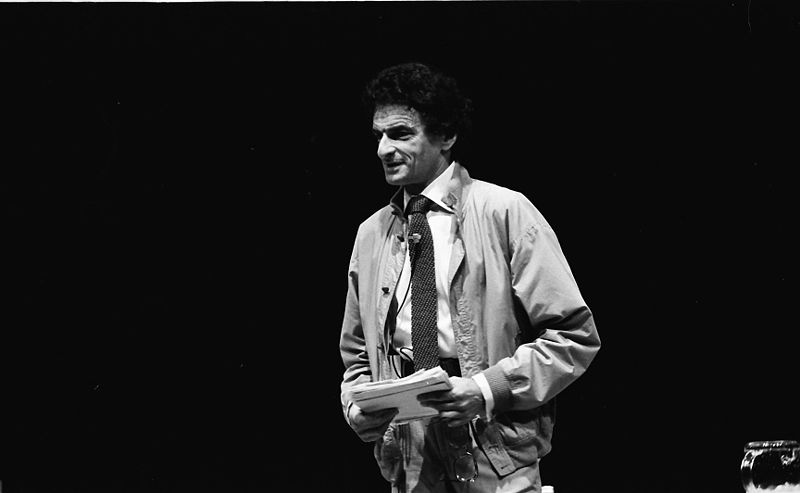Jerzy Kosiński, on The Painted Bird

Author Jerzy Kosiński reads from his first novel, The Painted Bird. He and Charles Ruas discuss the circumstances in which inspired the events in the book, as well as what certain events are meant to symbolize. Kosiński also talks about his view on ritual, and how it impacts the individual and American society as a whole. He explains how such practices not only define the self but can be used as a tool to guide oneself.
Jerzy Kosiński (1933-1991) was a Polish-American writer and intellectual that has been both celebrated and reprimanded for his work. He frequently referred to himself as a “court jester,” entertaining his high society friends with his wit and stories. Much of his literary works were compared to Fitzgerald, wherein he critiqued American wealth and corporate industries. He also tackled themes related to the Holocaust and Socialism. The methods with which he told stories and their themes, however, were put under great scrutiny towards the end of his career.
He immigrated to the United States in 1957, after having created a fake foundation to sponsor him. Kosiński went on to graduate from Columbia University and in 1965, he published his first book: The Painted Bird. The book was critically acclimated upon its publication. He went on to receive an award from the American Academy of Arts and Letters and fellowships from the Guggenheim and Ford Foundation. His literary works have been translated in over 30 languages and his book, Being There, was adapted into an award winning film in 1979. Jerzy Kosiński’s success abruptly ended when a secession of reports citing plagiarism, forgery, and ghostwriter employment were filed against him. He committed suicide in 1991.
RELATED PROGRAMS

Historic Audio from the Archives of Charles Ruas
RADIO SERIES
An unparalleled collection of recovered and restored programs from the seventies produced by Charles Ruas, and featuring Allen Ginsberg, John Giorno, Anaïs Nin, William Boroughs, Buckminster Fuller, Sylvia Plath, Pablo Neruda, and Jorge Luis Borges, among numerous others.
more 





